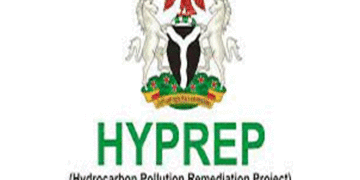The executive director of Paradigm Initiative, Gbenga Sesan, has urged Civil Society Organizations (CSOs) and the private sector to work closely with governments at all levels to leverage Artificial Intelligence (AI) for economic development.
Sesan called yesterday in Abuja during a stakeholder engagement on Nigeria‘s AI strategy, digital economy, and e-governance.
He emphasized that Nigeria, having declared itself a global AI player, cannot afford to maintain its traditional approach.
Civil society, the private sector, and government must collaborate to ensure that Nigeria is not merely discussing AI but actively using it to improve the economy.
Despite establishing a centre for AI and robotics years ago, we haven‘t fully realized its potential. This time, we cannot settle for superficial efforts. We need concrete implementation,“ he stated.
Regarding the digital economy bill and e-governance, Sesan highlighted the importance of translating digital opportunities into tangible benefits for the Nigerian people.
He emphasized the need for meaningful dialogue and stakeholder engagement to achieve this goal.
Sesan added that Paradigm Initiative values the role of civil society in holding those in power accountable and advocating for a better nation.
He stressed the importance of open dialogue and policy engagement to ensure that the Fourth Republic works for all citizens.
He also underscored the urgency of such discussions, especially in a climate where protesters are being labelled as criminals and unfairly arrested.
Additionally, an analyst at Tech Hive Advisory, Precious Nwadike, while speaking on the e-governance bill, recommended that the bill include a 6-month to 1-year transition period between its enactment and when it comes into force. This would enable institutions to set up the necessary infrastructure to ensure compliance.
„Measures should be established to ensure public institutions comply with sanctions.
„The corporation itself should be held accountable for any breaches. However, if the bill seeks to hold company officers personally liable, it should introduce a tiered penalty structure, with the primary penalty imposed on the corporate body and secondary penalties applicable to certain officers in cases of gross negligence or willful misconduct,“ she said.





